
India's NMDC seeks government to help secure new reserves

Faced with falling domestic demand and sales, as well as rising import competition, NMDC believes government support in accessing new reserves is critical to enhance economies of scale and to match rising competition from global majors.
According to a company official, iron-ore imports into the country were rising sharply as local steel companies preferred to source raw materials from large overseas miners, such as BHP Billiton, Rio Tinto and Vale, as the major producers were able to adopt more aggressive pricing strategies during the current global downturn in commodities.
As a result, the government-owned and -managed NMDC was looking at the federal government to offer a helping hand in increasing the number of operational mines in its fold as higher-volume production would enable it to match the pricing power enjoyed by global miners, he said.
NMDC’s total sales for April to August, at 11.27-million tonnes, were down 17% compared with sales for the corresponding months of 2014, compelling the company to drastically lower its prices. Production for the April to August period was down 13% at 10.52-million tonnes, compared with the corresponding months of the previous year.
Iron-ore fines prices have been set at Rs 1 460/t ($22.30/t), down 52% from January 2015 levels, while the price of high-grade lumps had been set at Rs 2 560/t ($38.46/t), down 41% compared with January 2015 levels.
For the second consecutive year, India would be a net importer of iron-ore during 2015/16. According to the Federation of India Mineral Industries, by March 2016, India would have imported around ten-million tonnes of iron-ore against an expected export shipment of just five-million tonnes.
However, no information was available on the specific "support" that NMDC would be seeking from the Indian government. Also, considering that, under the newly promulgated Mines Minerals Development and Regulation Act which made auctions mandatory in allocating all mineral resources, it was unclear whether the government would make an exemption in the case of NMDC as a government company and allocate it iron-ore reserves to expand its operations.
Significantly, the miner has set aside a corpus of $6.15-billion to be spent over ten years to ramp production up to 100-million tonnes a year from the current 30-million tonnes a year, indicating that, while funds would not be a limiting factor, NMDC would need government’s assistance in securing reserves, the official added.


Glencore seeks $13 billion in incentives for Argentina copper projects
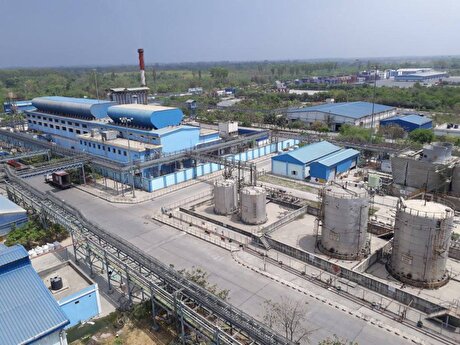
Hindustan Zinc to invest $438 million to build reprocessing plant
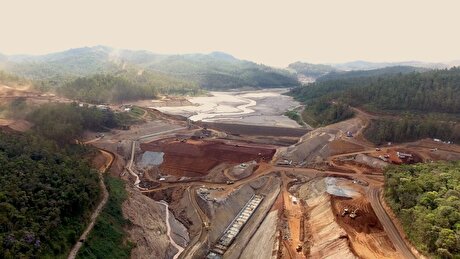
Samarco gets court approval to exit bankruptcy proceedings
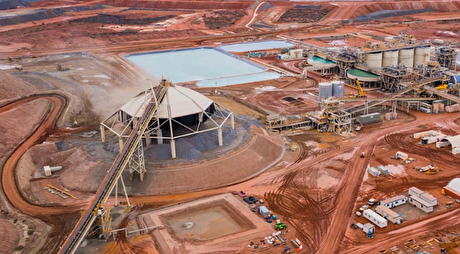
Gold Fields nears $2.4B Gold Road takeover ahead of vote

Metal markets hold steady as Trump-Putin meeting begins
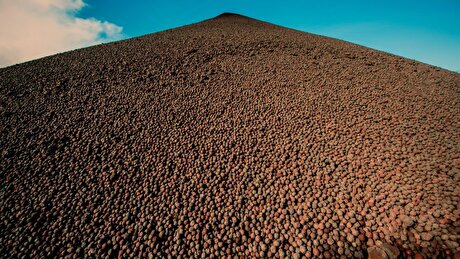
Explaining the iron ore grade shift

Glencore trader who led ill-fated battery recycling push to exit
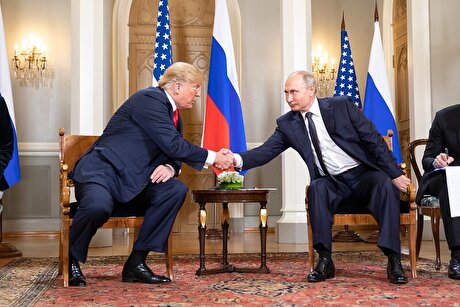
Trump to offer Russia access to minerals for peace in Ukraine

Gold price edges up as market awaits Fed minutes, Powell speech

Nevada army depot to serve as base for first US strategic minerals stockpile

Emirates Global Aluminium unit to exit Guinea after mine seized

Tailings could meet much of US critical mineral demand – study

Codelco cuts 2025 copper forecast after El Teniente mine collapse
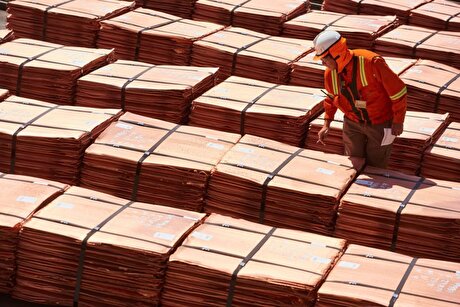
Glencore targets 1Mt of copper in Argentina over coming decade

Viridis unveils 200Mt initial reserve for Brazil rare earth project

SQM boosts lithium supply plans as prices flick higher

Abcourt readies Sleeping Giant mill to pour first gold since 2014

Roshel, Swebor partner to produce ballistic-grade steel in Canada

EverMetal launches US-based critical metals recycling platform

Nevada army depot to serve as base for first US strategic minerals stockpile

Tailings could meet much of US critical mineral demand – study

Codelco cuts 2025 copper forecast after El Teniente mine collapse

Glencore targets 1Mt of copper in Argentina over coming decade

Viridis unveils 200Mt initial reserve for Brazil rare earth project

SQM boosts lithium supply plans as prices flick higher

Abcourt readies Sleeping Giant mill to pour first gold since 2014

EverMetal launches US-based critical metals recycling platform

Iron ore price dips on China blast furnace cuts, US trade restrictions














